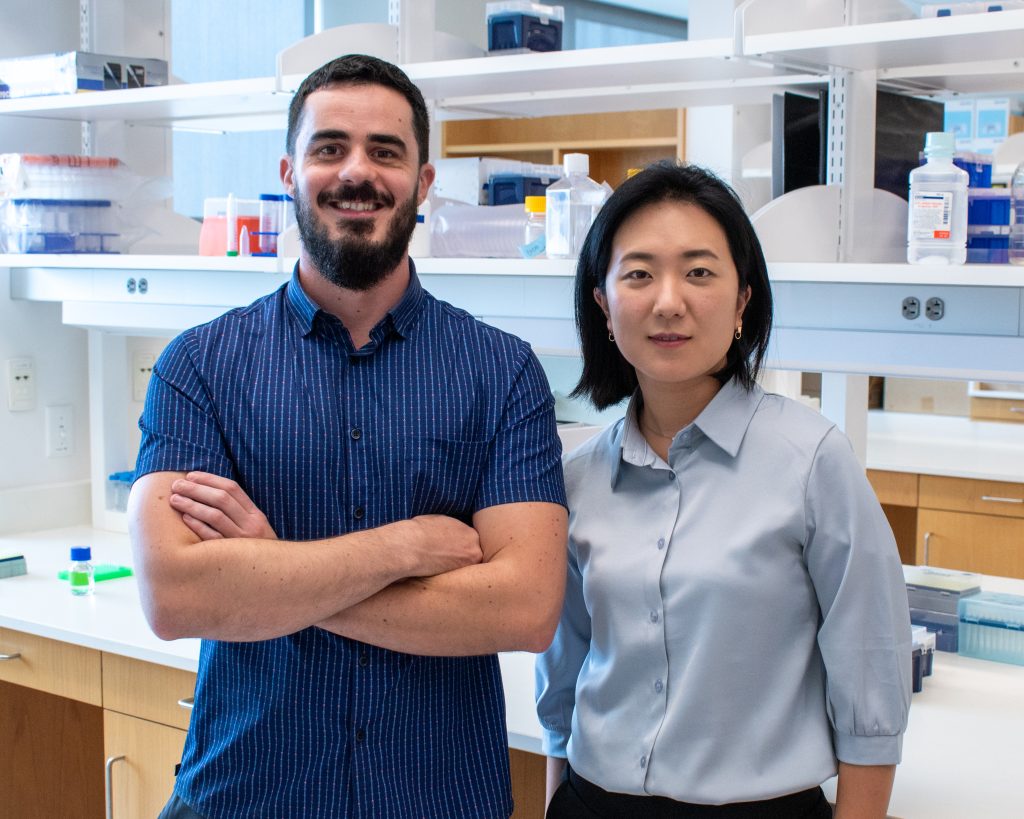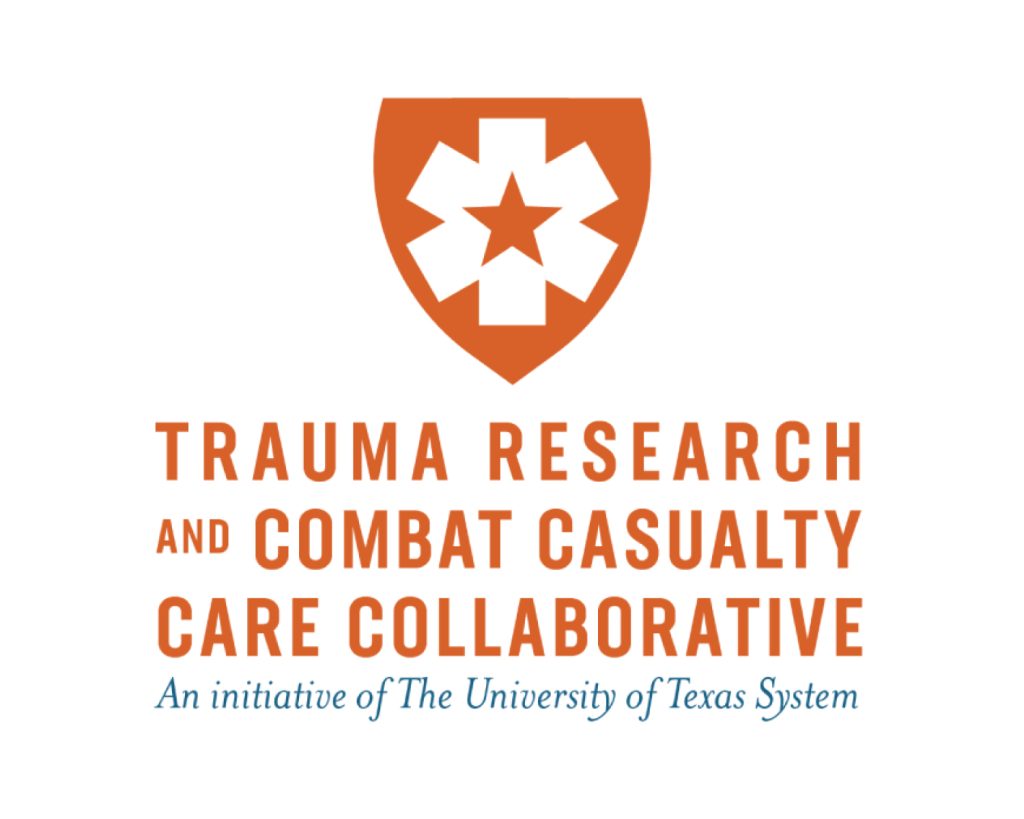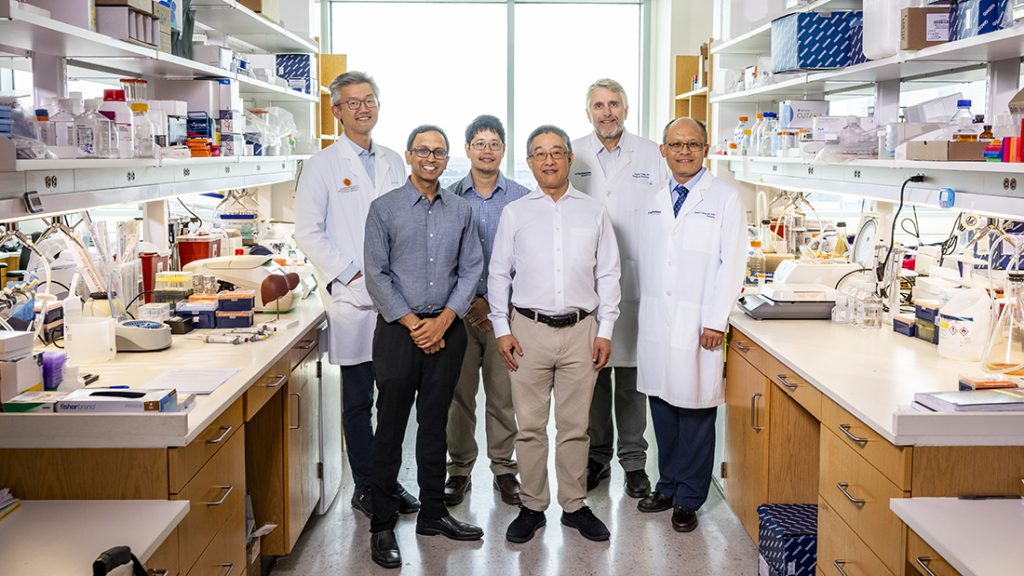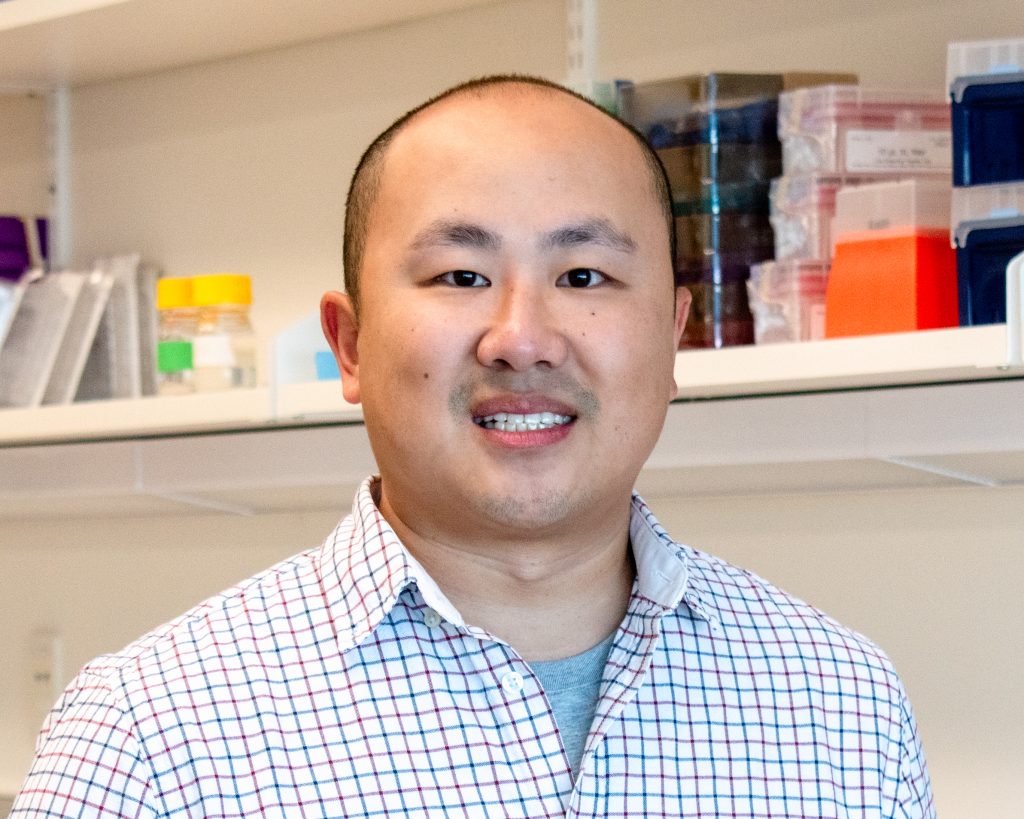
(left) Javier Garcia-Bermudez, Ph.D., Assistant Professor in CRI and of Pediatrics at UT Southwestern, has been named a 2025 Pew-Stewart Scholar in Cancer Research. (right) Hijai Regina Shin, Ph.D., Assistant Professor in CRI and of Pediatrics at UT Southwestern, has been named a 2025 Pew Scholar in Biomedical Sciences.
Javier Garcia-Bermudez, Ph.D., Hijai Regina Shin, Ph.D., selected to advance cancer, biomedical research
DALLAS – Aug. 12, 2025 – Two Children’s Medical Center Research Institute at UT Southwestern faculty have been named 2025 Pew Scholars by The Pew Charitable Trusts to accelerate cancer and health-related discoveries by early-career scientists.
Javier Garcia-Bermudez, Ph.D., Assistant Professor in CRI and of Pediatrics at UT Southwestern, has been named a Pew-Stewart Scholar in Cancer Research, and Hijai Regina Shin, Ph.D., Assistant Professor in CRI and of Pediatrics at UT Southwestern, has been named a Pew Scholar in Biomedical Sciences.
“This recognition from The Pew Charitable Trusts is one marker of the quality of faculty we recruit to Children’s Research Institute. We are very proud of both Javier and Regina,” said Sean Morrison, Ph.D., CRI Director, Professor in CRI and of Pediatrics at UT Southwestern, and Howard Hughes Medical Institute Investigator. “We believe they will change the fields in which they work and reveal new approaches for treating disease.”
Both researchers will receive $300,000 across four years. Dr. Garcia-Bermudez joins CRI colleague and 2023 Pew-Stewart Scholar Gerta Hoxhaj, Ph.D., Assistant Professor in CRI, and of Biochemistry and Pediatrics at UT Southwestern, to become the second Pew-Stewart scholar from CRI since 2014, when the Pew-Stewart Scholar Program in Cancer Research began. Dr. Shin becomes the 11th Pew Scholar from UT Southwestern and first from CRI since the Pew Scholar Program for Biomedical Sciences began in 1985.
Garcia-Bermudez uncovering how tumors use dietary lipids
Dr. Garcia-Bermudez and his team are deciphering how cancer cells harness lipids to drive their growth, enable spread to distant organs, and resist therapies.
Unlike most normal cells, many tumors activate both major lipid acquisition pathways: internal synthesis and external uptake from the blood. Dr. Garcia-Bermudez’s lab is investigating why tumors rely on both routes, as well as asking whether diet-derived lipids — delivered via circulating lipid-carrier particles known as lipoproteins — provide cancer cells with unique advantages.
Using genetic tools, the Garcia-Bermudez Lab is disrupting lipid uptake in tumors and manipulating lipoprotein levels in the blood to study how these changes impact tumor growth, metastasis, and therapy resistance.
Dr. Garcia-Bermudez’s latest discovery, featured in Nature, found tumors use a previously unknown pathway — sugar-coated structures on the cell surface called sulfated glycosaminoglycans (GAGs) — to accumulate massive levels of lipoproteins. Lipoproteins, molecules that transport fat from dietary intake in blood, also carry the antioxidant vitamin E, which shields cancer cells from a standard cell death triggered by lipid overload, called ferroptosis.
“Cancer cells are highly adaptive, and one key adaptation is their ability to hijack specific lipids from the diet. This mechanism could be especially relevant in conditions like obesity, where circulating lipid levels remain chronically elevated,” Dr. Garcia-Bermudez said. “By pinpointing which lipids tumors depend on most, our goal is to uncover new metabolic vulnerabilities that could guide development of targeted therapies or dietary strategies to help turn the tide against cancer.”
Dr. Garcia-Bermudez grew up in Spain and received his bachelor’s and Ph.D. from the Universidad Autonoma of Madrid. Following his postdoctoral training at Rockefeller University, he joined CRI in December 2021.
Since then, Dr. Garcia-Bermudez has been a recipient of a 2024 NIH Director’s New Innovator Award, as well as named an American Cancer Society Research Scholar and a Cancer Prevention and Research Institute of Texas (CPRIT) Scholar. He is a member of the Cellular Networks in Cancer Research Program in the Harold C. Simmons Comprehensive Cancer Center at UT Southwestern.
The Pew-Stewart Scholars Program for Cancer Research is funded by the Alexander and Margaret Stewart Trust and administered by Pew. This is the 12th year the Stewart Trust has invested in cancer research and scientists with the goal to find a cure for cancer.
Shin digging into effects of lysosome dysfunction in childhood disease, neurodegeneration
Dr. Shin and her lab members study lysosome function and its dysregulation in disease. Lysosomes are recycling centers inside cells where proteins and lipids are digested to release nutrients that can be used for cellular growth and proliferation.
Following her postdoctoral research at UC Berkeley and groundbreaking discovery of LYCHOS, a cholesterol sensor in lysosomes, Dr. Shin joined CRI in January 2024.
Lysosomes, in addition to being cellular waste disposal units, have emerged scientifically as pivotal hubs for cellular metabolism and signaling. LYCHOS is a unique fusion protein that combines features of both signaling and transporter proteins, enabling it to sense cholesterol and regulate metabolism.
Recent scientific research uncovers lysosome dysfunction as a critical factor for many age-related diseases, such as Alzheimer’s, frontotemporal dementia and some cancers. In addition, lysosome storage diseases (LSDs) — rare diseases caused by mutations in lysosome genes — predominately, and often fatally, affect children.
Dr. Shin’s CRI lab seeks to continue illuminating the roles of lysosomes and their regulatory functions in cellular and organismal homeostasis in order to identify therapeutic targets for a wide range of diseases.
“The lysosome has emerged as a sophisticated metabolic center within cells, but we believe there is still much more to uncover,” Dr. Shin said. “I am deeply honored to be nominated as a Pew Scholar and grateful the scientific community recognizes both the urgency and innovative strategies we are pursuing to explore new lysosome functions and their implications in human disease.”
Dr. Shin grew up in France and earned a bachelor’s in biology and Ph.D. in molecular biology from Seoul National University in South Korea. She was named a 2025 Searle Scholar and has been awarded fellowships from the American Association for Cancer Research and the Association for Frontotemporal Degeneration.
For the past 40 years, The Pew Scholar Program in Biomedical Sciences has funded more than 1,000 early-career scientists “to explore some of the most pressing questions in human health and medicine.”
About CRI
Children’s Medical Center Research Institute at UT Southwestern (CRI) is a joint venture of UT Southwestern Medical Center and Children’s Medical Center Dallas. CRI’s mission is to perform transformative biomedical research to better understand the biological basis of disease. Located in Dallas, Texas, CRI is home to interdisciplinary groups of scientists and physicians pursuing research at the interface of regenerative medicine, cancer biology, and metabolism — relentless discovery toward the treatments of tomorrow.
X/Twitter | Blue Sky | LinkedIn | Instagram | YouTube | Facebook



